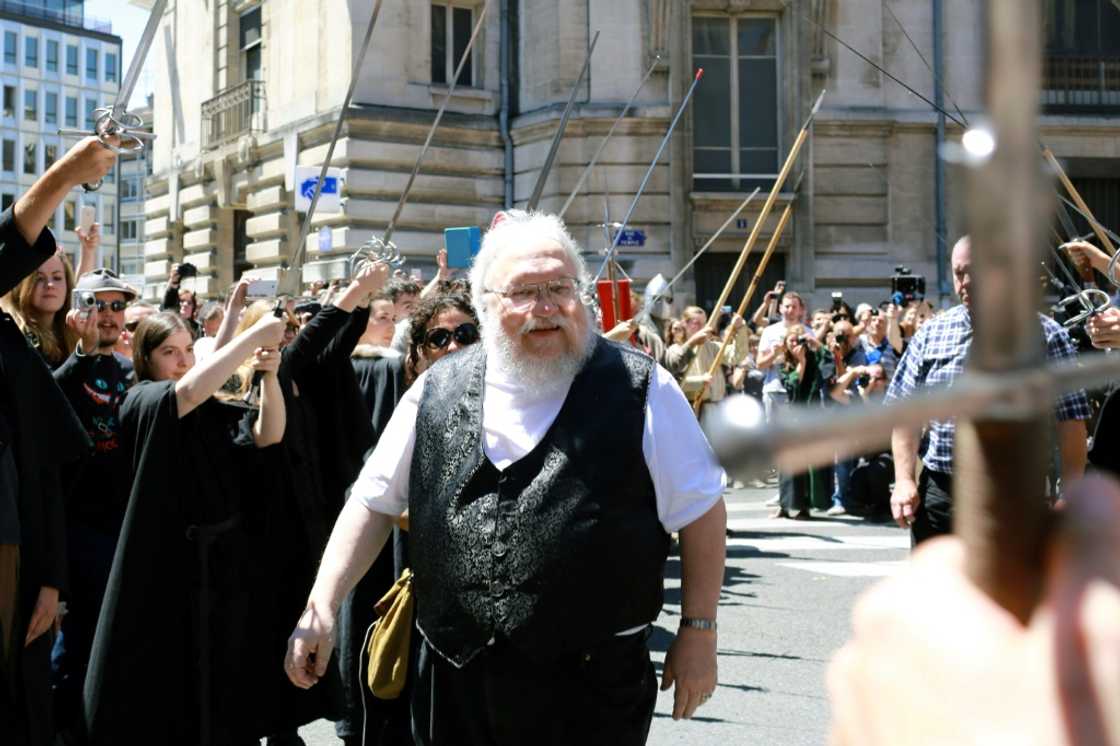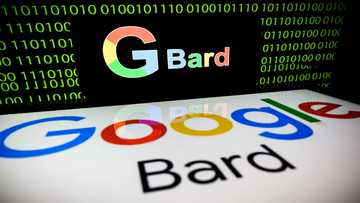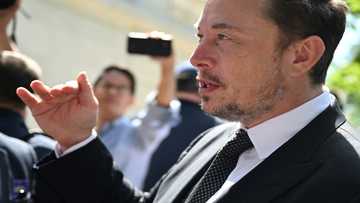'Game of Thrones' author, other writers sue ChatGPT creator over copyrights

Source: AFP
PAY ATTENTION: Be the first to follow YEN.com.gh on Threads! Click here!
"Game of Thrones" author George RR Martin and other best-selling fiction writers have filed a class-action lawsuit against OpenAI, accusing the tech startup of violating their copyrights to fuel its generative AI chatbot ChatGPT.
The Authors Guild, an organization representing writers, and several novelists including Martin, John Grisham and Jodi Picoult, accused the California-based company of using their books "without permission" to train ChatGPT's "large language models," algorithms capable of producing human-sounding text responses based on simple queries, according to the lawsuit.
"And at the heart of these algorithms is systematic theft on a massive scale," said the complaint, filed Tuesday in a New York federal court.
Numerous other lawsuits have been filed by artists, organizations and coders against OpenAI and its competitors, with the plaintiffs claiming their work has been ripped off.
OpenAI did not immediately respond to a request for comment from AFP.
The firm's language models "endanger fiction writers' ability to make a living, in that the (models) allow anyone to generate -- automatically and freely (or very cheaply) -- texts that they would otherwise pay writers to create," Tuesday's complaint read.
PAY ATTENTION: Click “See First” under the “Following” tab to see YEN.com.gh News on your News Feed!
ChatGPT can be used to produce "derivative works," imitating the style of writers, it added.
"Unfairly, and perversely, without Plaintiffs' copyrighted works on which to 'train' their (language models), Defendants would have no commercial product with which to damage -- if not usurp -- the market for these professional authors' works," the complaint said.
"Defendants' willful copying thus makes Plaintiffs' works into engines of their own destruction."
The Authors Guild and the writers are seeking a ban on the use of copyrighted books to develop language models "without express authorization," as well as damages.
OpenAI has relied on mountains of texts found online to power its chatbot but has not specified exactly which sites and writings have been used.
OpenAI has been the subject of several complaints since the success of ChatGPT last year, including one from computer engineers who also sued Microsoft, its main investor, and the GitHub platform.
In January, artists filed a class-action lawsuit against DreamUp, Midjourney and Stable Diffusion, three image-generating AI models programmed with art found online.
Microsoft announced this month that it would provide legal protection for customers sued for copyright infringement over content generated by its AI tools.
New feature: Сheck out news that is picked for YOU ➡️ click on “Recommended for you” and enjoy!
Source: AFP



